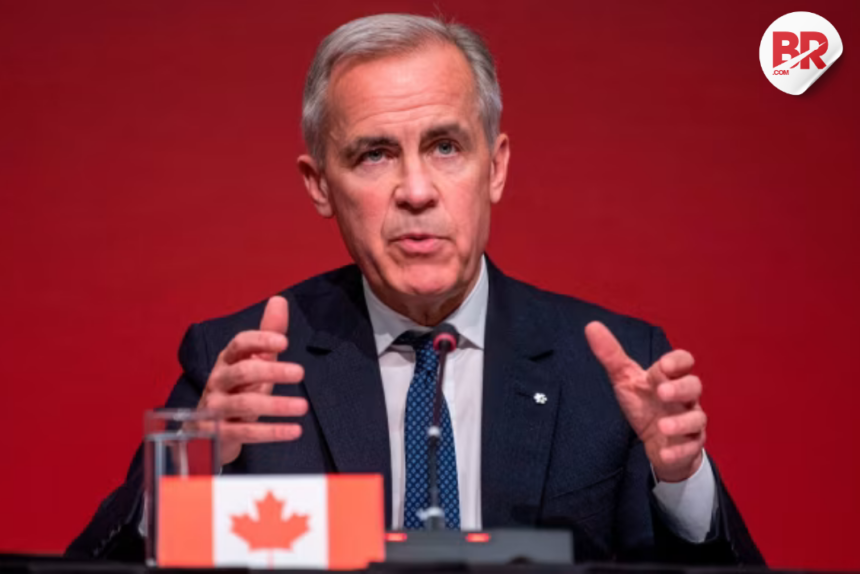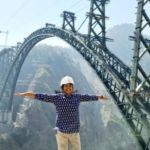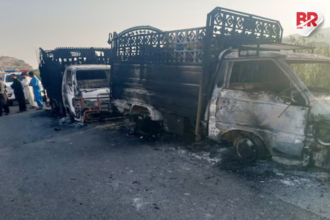
Canadian Prime Minister Mark Carney recently explained why India’s Prime Minister Narendra Modi was invited to the upcoming G7 Summit. The event, hosted by Canada, will focus on key global issues like security and energy. Carney said that India’s presence is essential for these talks.
Carney pointed out that India is the fifth largest economy in the world and has the largest population. This makes it a major player in global supply chains.

He said, “It makes sense” to have India at the table for such an important meeting. As the G7 chair, Carney is responsible for deciding who should join these discussions. He believes India’s role cannot be ignored.
This invitation comes at a sensitive time. Relations between India and Canada have been tense after Canada accused Indian agents of involvement in the murder of Hardeep Singh Nijjar, a Canadian citizen and pro-Khalistan activist, in Vancouver last year. India has strongly denied the claims, and both countries expelled diplomats in response.
Despite these tensions, Carney highlighted progress in bilateral talks, especially on law enforcement cooperation. This progress helped him decide to invite Modi.
The Indian Prime Minister confirmed he will attend the summit and expressed optimism about strengthening ties with Canada. Modi posted on X (formerly Twitter), saying he looks forward to the meeting and values the strong democracy and people-to-people ties shared by the two countries.
Other important leaders invited by Canada include South African President Cyril Ramaphosa, Australian Prime Minister Anthony Albanese, and Ukrainian President Volodymyr Zelensky.
Mexican President Claudia Sheinbaum was also invited but has yet to confirm her attendance.
It shows that despite political tensions, cooperation is possible on bigger issues that affect everyone, like energy security and global trade.
In short, Carney’s decision reflects the changing world order. The G7 is no longer just about the original seven countries. It’s evolving to include key global players like India, which will shape future decisions.
Also Read Four Diplomatic Firsts as Modi Heads to G7 Meet: What’s at Stake for India?












